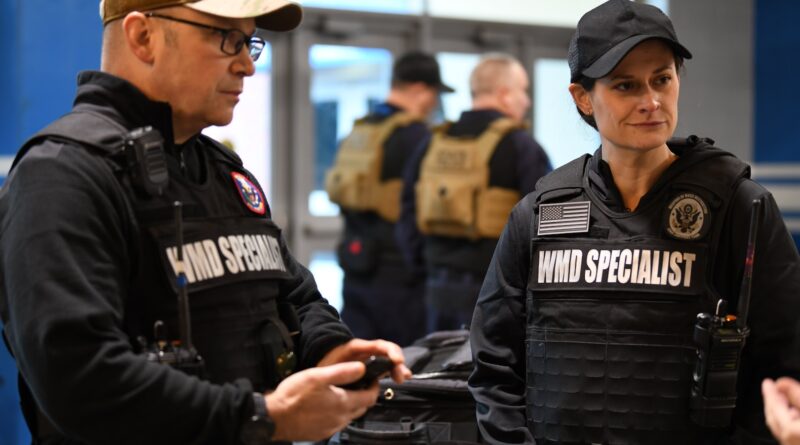Hawaii Governor Insists Briefing Before National Guard Mobilization
Governor Josh Green has stressed on the need for a comprehensive briefing surrounding the necessity and circumstances tied to any federal request to mobilize the Hawaii National Guard. This requirement is especially crucial when it comes to making decisions about deploying the soldiers for any law enforcement duties, such as the execution of the largest ever mass deportation of undocumented immigrants as proposed by President Trump. Green’s approach, according to a release, is characterised by thoughtful deliberation on all requests to activate the National Guard in Hawaii. His inclination, mirroring that of several other state leaders, prefers the utilization of the Guard predominantly for tackling statewide crises, guided by the state’s Governor.
Natural disaster related activations are generally simpler to decide upon, given that the Guard members are components of the local communities, and are often more than ready to offer their services to assist their fellow citizens. However, any proposal for the Hawaii National Guard’s activation by federal authorities is considered an exceptional circumstance, and Governor Green strongly necessitates an exhaustive briefing on the true need and circumstances before deciding on deploying the Guard members for any law enforcement tasks. This sentiment was expressed in a formal statement.
In the middle of the year, Governor Green was among a group of 22 governors who made public a joint statement opposing President Trump’s approach towards deportation protests, terming it as a disturbing usurpation of power. They emphasized that Governors functioning as the Commanders in Chief of their respective state’s National Guard and any federal activation within the their state boundaries without their consultation or engagement could be both ineffective and precarious.
Delving into this matter, Lt. Col. Lloyd C. Phelps, legal counsel for the Hawaii National Guard, shared his perspective with state legislators during an informative briefing held on Monday. He offered insights into an executive order issued by Trump, implemented in California, and clarified that there were no explicit provisions permitting the Guard to perform police duties. Phelps pointed towards the wording of the order, expressing that there were no indications suggesting the Guard’s involvement in law enforcement-style activities.
According to his interpretation, Secretary of Defense, Pete Hegseth, assumed control of the National Guard primarily to provide support to law enforcement agencies. He clarified that the National Guard’s role involved protecting federal courthouses and offering logistical support, but stopped short of participating in search-and-seizure operations. However, Phelps insisted that traditional law enforcement duties do not fall within the purview of the National Guard’s roles and responsibilities, referring to the situation in California for example.
Recently, the subject of National Guard deployment and law enforcement obligations in response to ‘civil protests and/or situations of civil unrest,’ called forth by the federal government emerged as the focus of an informative briefing held by the state House Committee on Public Safety. This initiative was mainly a response to the increase in federal law enforcement activities commencing since President Trump’s inauguration back in January.
The Committee’s Chair and Vice Chair aimed to gain a better understanding of issues such as the process of transforming National Guard personnel into federal entities via presidential memoranda, as observed on June 7, 2025 in the State of California. They also sought to delve into the federal lawsuit initiated by California, which challenged the Executive Orders and the response to the deployment of California National Guard personnel sans the consent from California.
The committee’s inquiry also revolved around how the Hawaii state government plans to respond to potential future deployments of the National Guard for federal needs. They also studied the role that local law enforcement played in safeguarding public safety and the freedom of expression during times of civil protests.
Belatti brought up ways in which the lawmakers could potentially contribute to this situation. She suggested that they could facilitate the enactment of laws delineating the specifics of the Guard’s usage within the boundaries of Hawaii. Drawing parallels with similar legislation in Oregon, she mentioned that such laws would significantly aid potential future litigation.
While discussing the strategic approach to litigation, Belatti highlighted how the legislators could create laws taking into account the respect for the law and their constitutional obligations. She noted that going down this path is entirely within their power and capability.
In recent times, various groups of deputy attorneys general have been actively coordinating on a legal front to contend against certain ‘unconstitutionally explicit’ attempts to alter the funding process for states and the federal government’s handling of its populace. These efforts have included the filing of lawsuits and petitioning for preliminary injunctions against numerous executive orders issued by President Trump.


